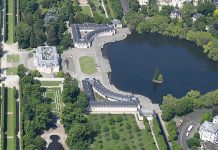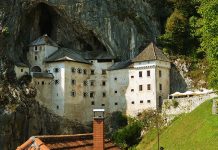Not far from Dresden, on a picturesque sheer cliff above the River of Zschopau, majestically rises the medieval Kriebstein castle. Unofficially, it is considered the most beautiful knight’s castle in Saxony. Its glorious history dates back to the second half of the 14th century. Construction was carried out until 1407, and after that the building became the residence of the von Beerwalde family.
During its long glorious history, Kriebstein Castle has changed more than 30 owners, which could not but be reflected in its appearance. The first major transformations were made by Hugold III von Schleinitz, who purchased the castle in 1645 from the heirs of the von Beerwalde family. It was then that the complex acquired its modern size and appearance. A new kitchen building appeared, the back of the castle, the dance hall and the economic building were rebuilt. The work was supervised by the famous specialist Arnold von Westfalen.
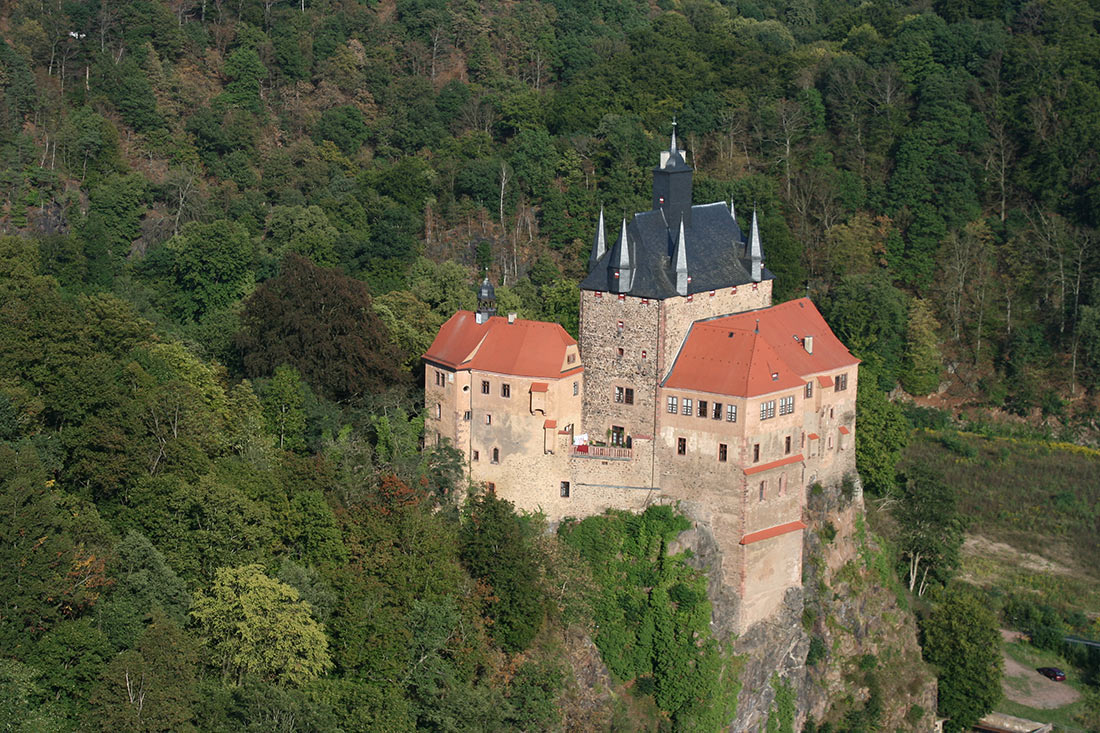
Photo: Falco2 (CC BY-SA 4.0)
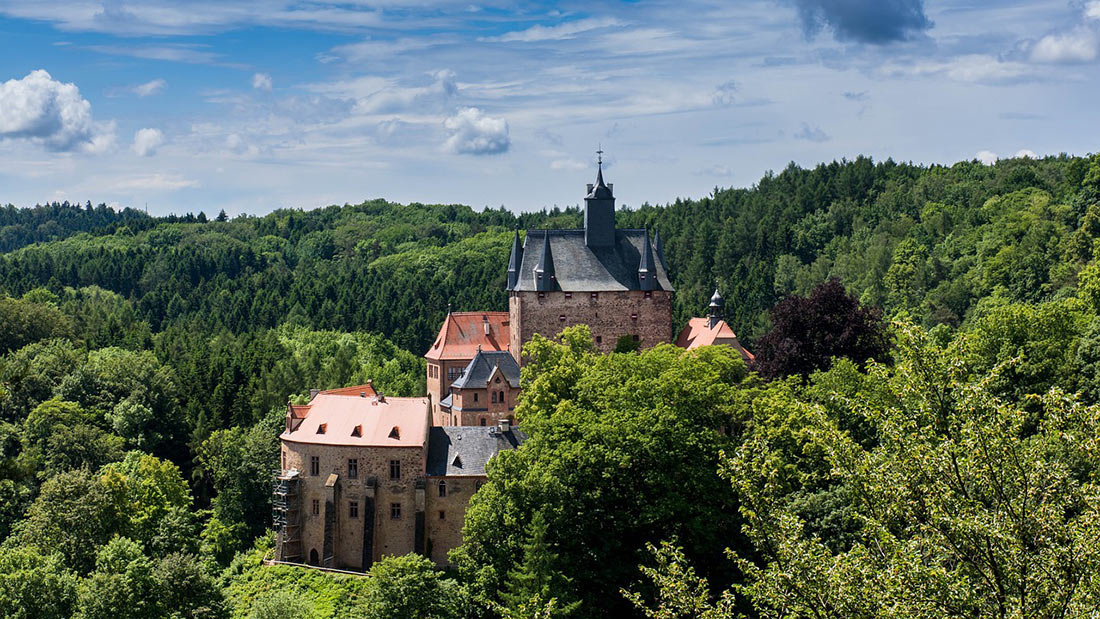
Photo: Manwithheart / pixabay (Pixabay License)
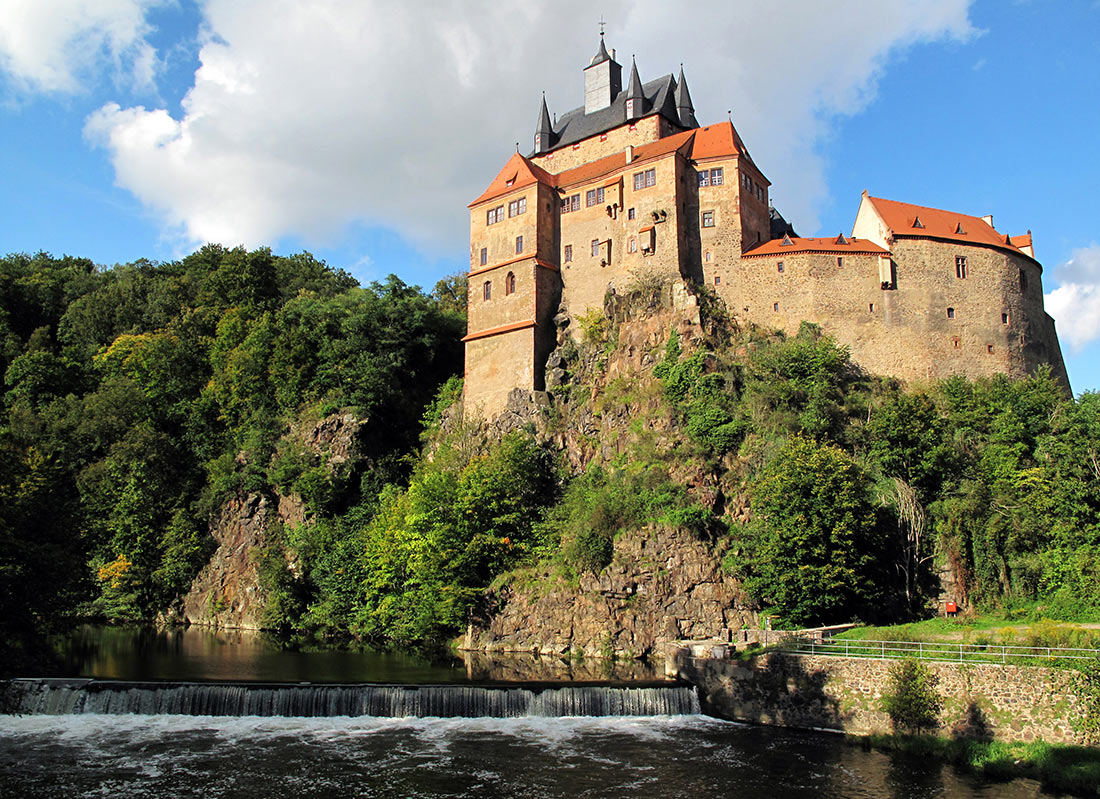
Photo: C. Cossa (CC BY-SA 3.0)
After the death of Hugold, the castle often changed its owners, and almost each of them brought some changes to the appearance of the ancient structure. Turrets appeared, fortress walls were strengthened, and other small works were carried out from time to time.
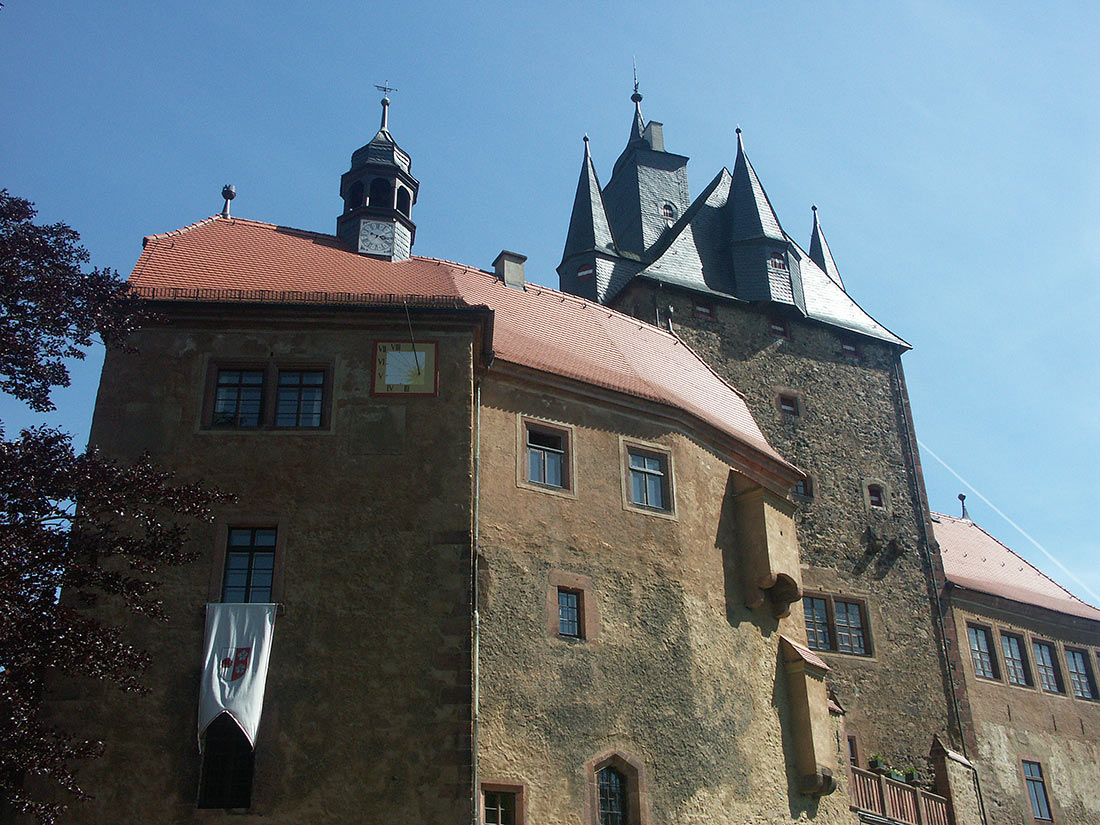
Photo: Diether (CC BY-SA 3.0)
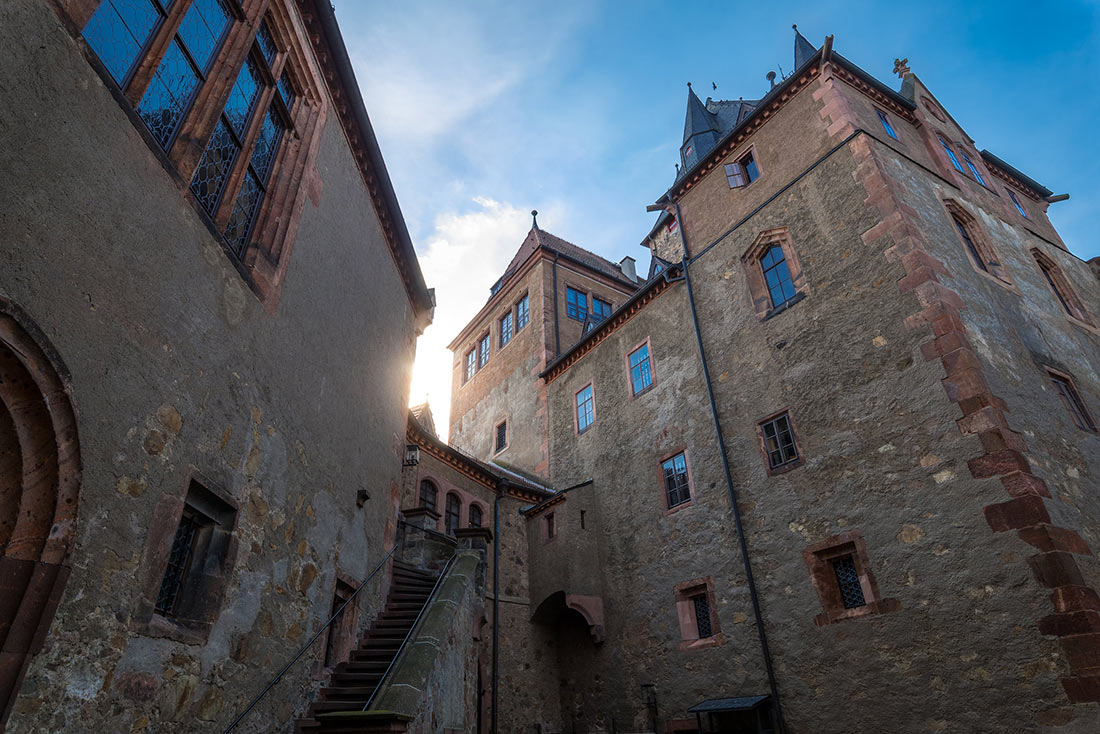
Photo: Jörg Lange / flickr (CC BY 2.0)
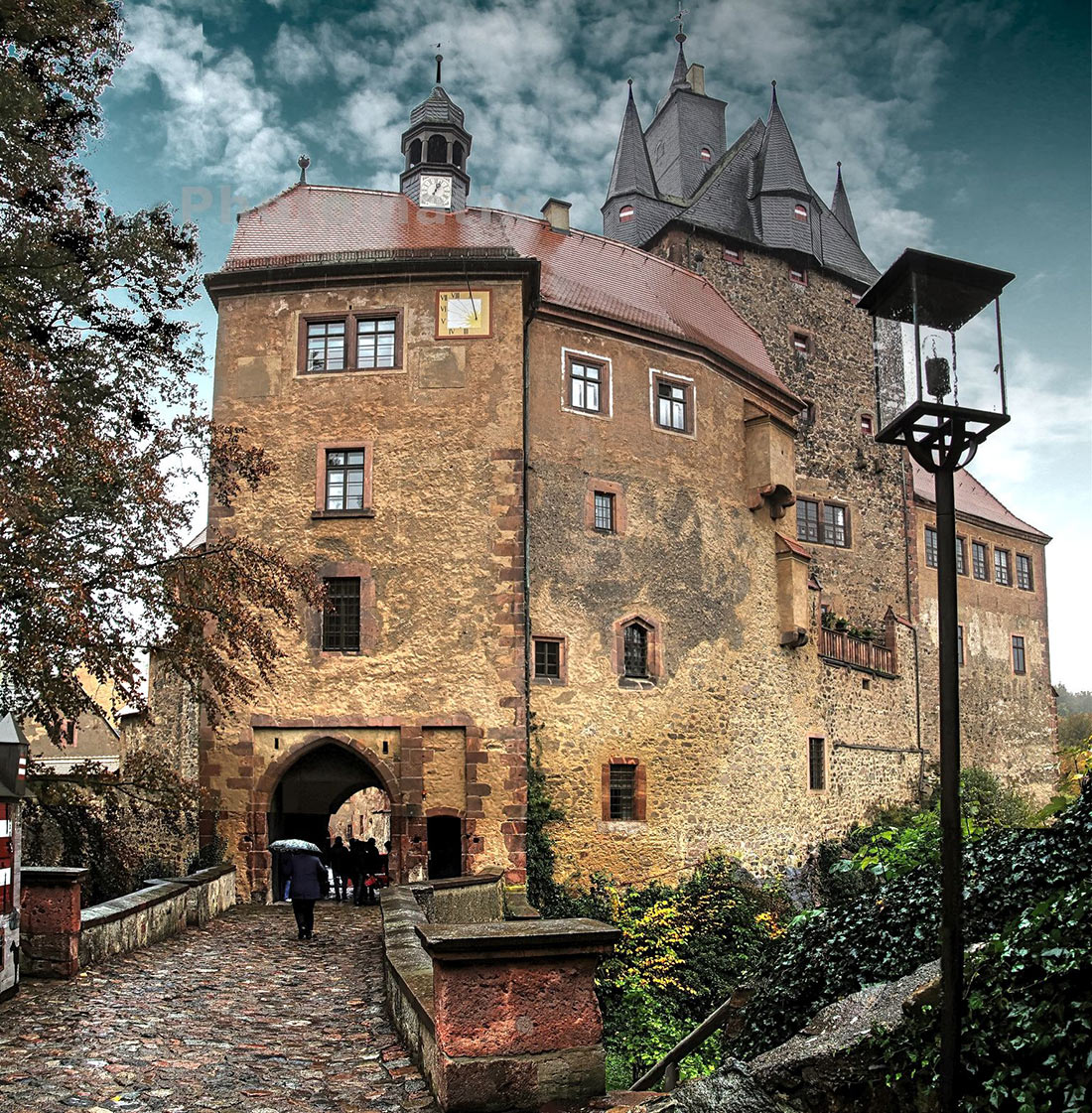
Photo: gravitat-OFF / flickr (CC BY 2.0)
In 1825, Hanscarl von Arnim acquired Kriebstein Castle. The outpost remained in the possession of von Arnim family until 1945, when it was expropriated. This family carried out a large-scale reconstruction of the building, during which the half-timbered kitchen building was completely rebuilt, the wall surrounding the castle was strengthened and the northern defensive wall was partially dismantled. During the work on the latter, the half-timbered overbuilt gallery was forever lost.
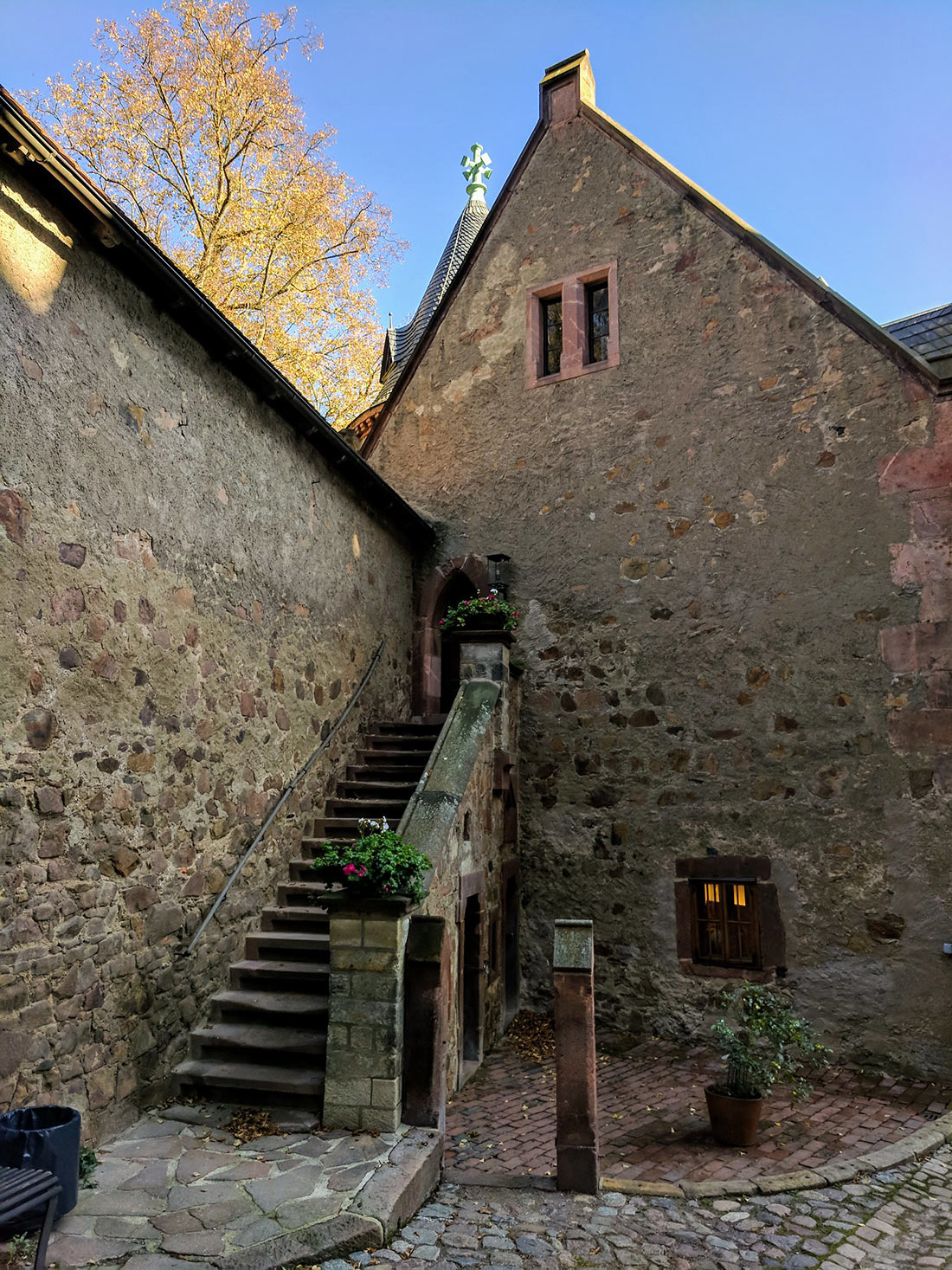
Photo: Mike Bonitz / flickr (CC BY-ND 2.0)
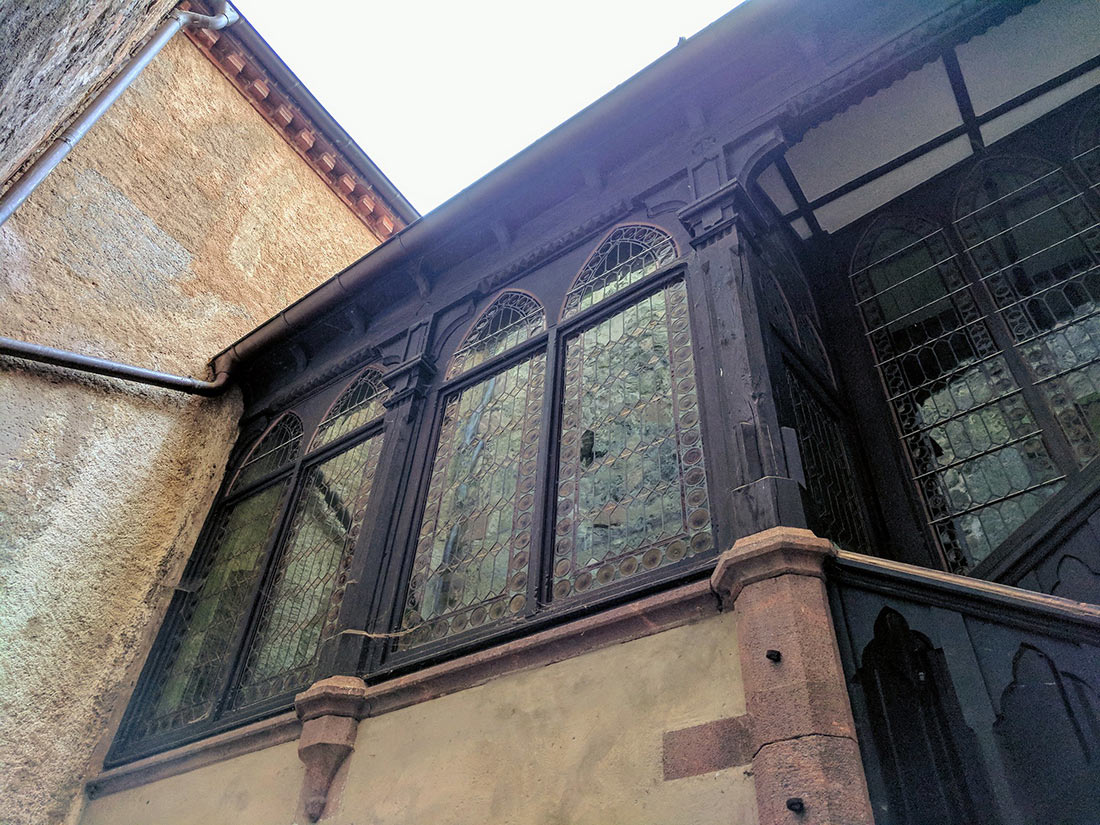
Photo: Mike Bonitz / flickr (CC BY-ND 2.0)
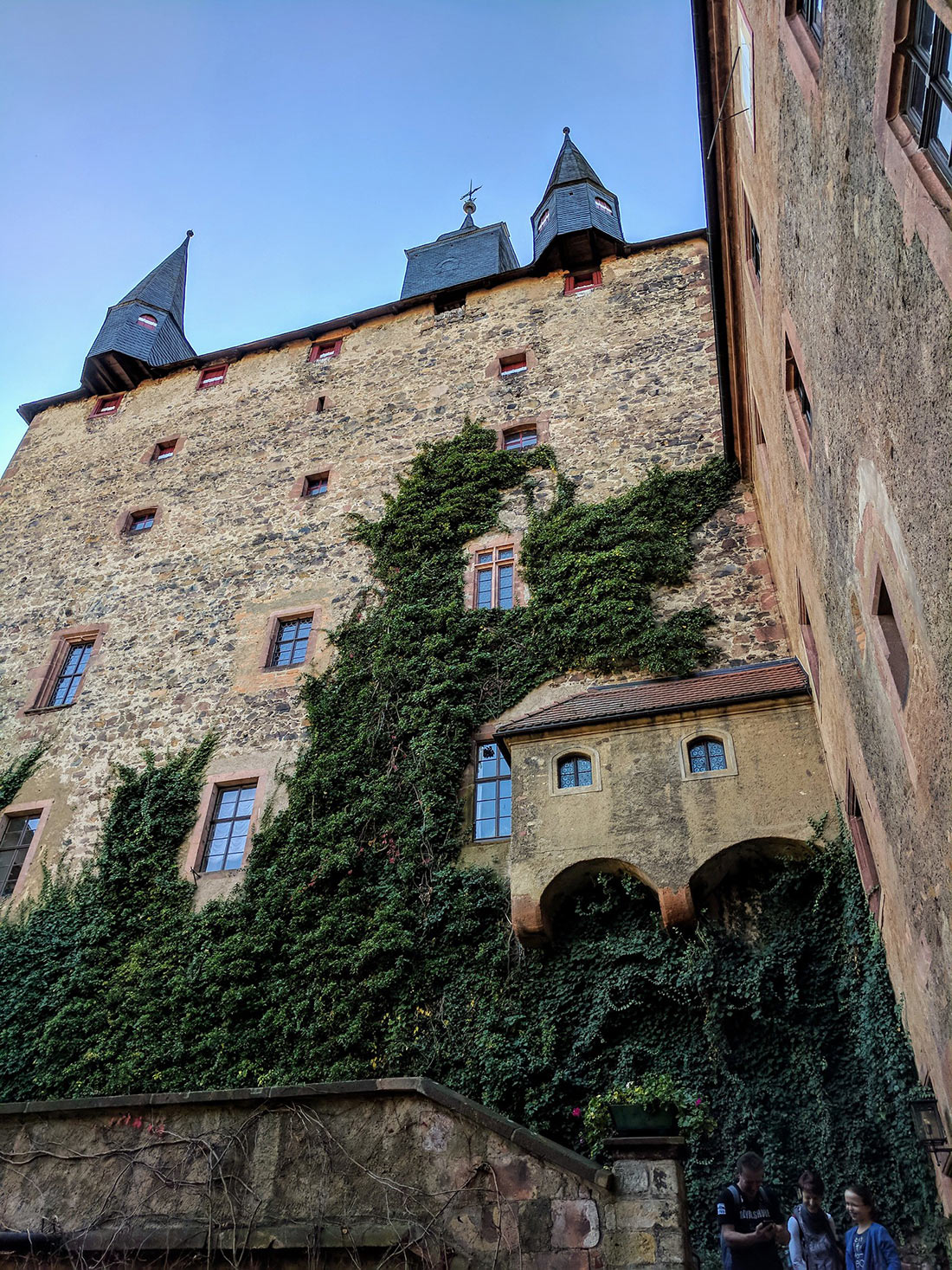
Photo: Mike Bonitz / flickr (CC BY-ND 2.0)
Nevertheless, as a result of the work carried out inside Kriebstein castle, modern amenities appeared and new furniture was brought in. Fortunately, the general atmosphere of a medieval castle has been preserved. It did not suffer in subsequent years, and thanks to it we can still see today how did wealthy people live in ancient times.
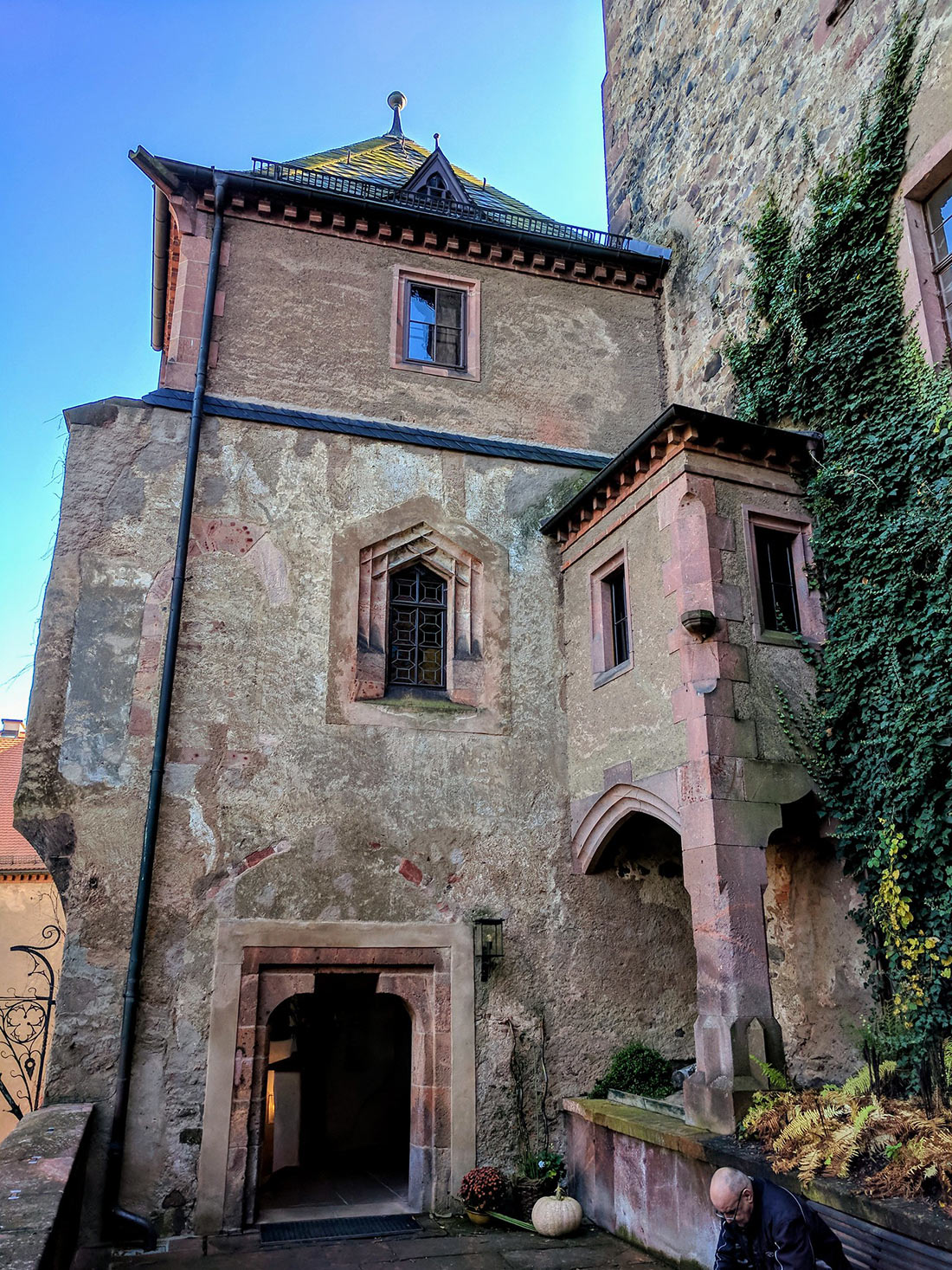
Photo: Mike Bonitz / flickr (CC BY-ND 2.0)
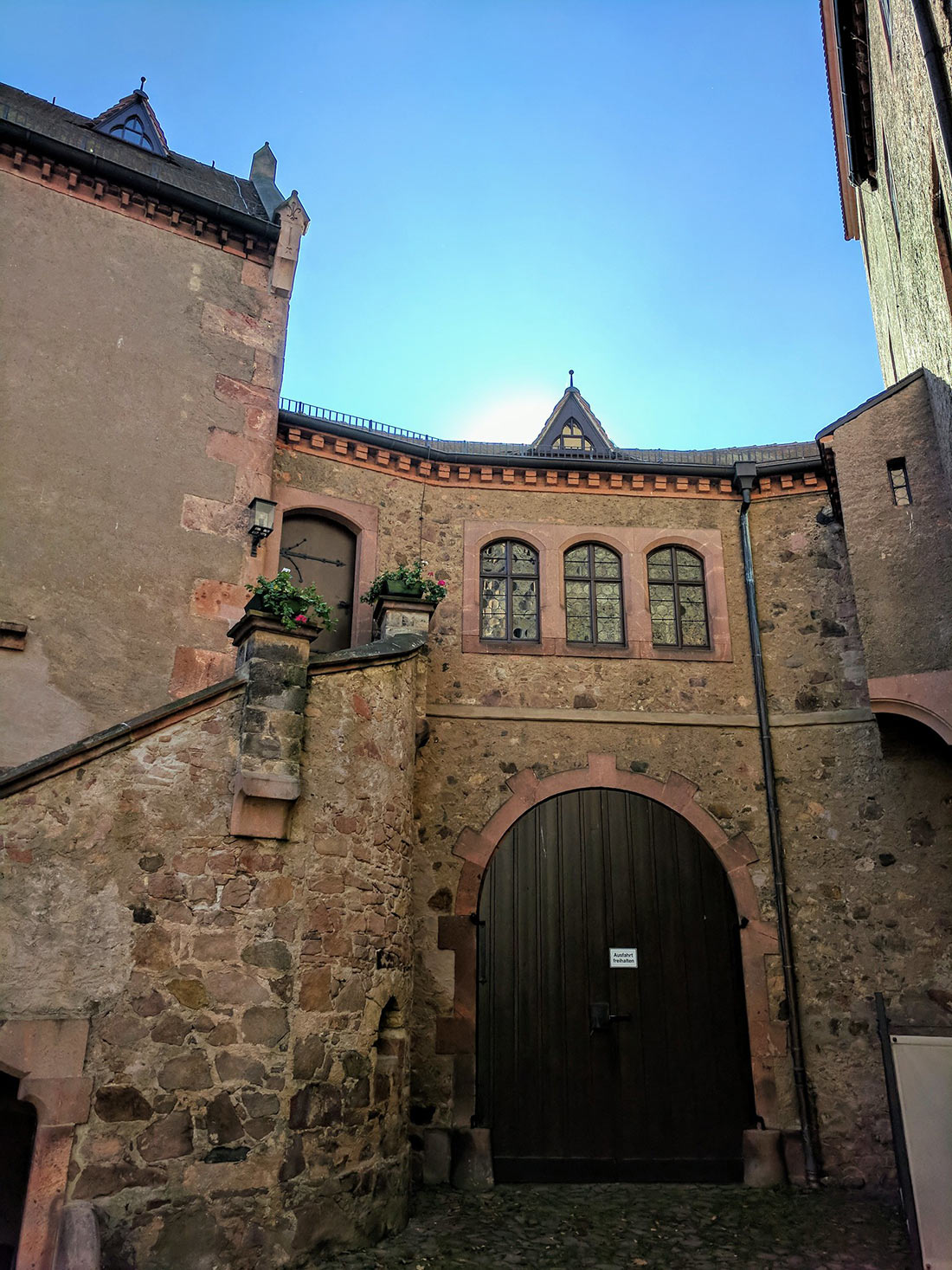
Photo: Mike Bonitz / flickr (CC BY-ND 2.0)
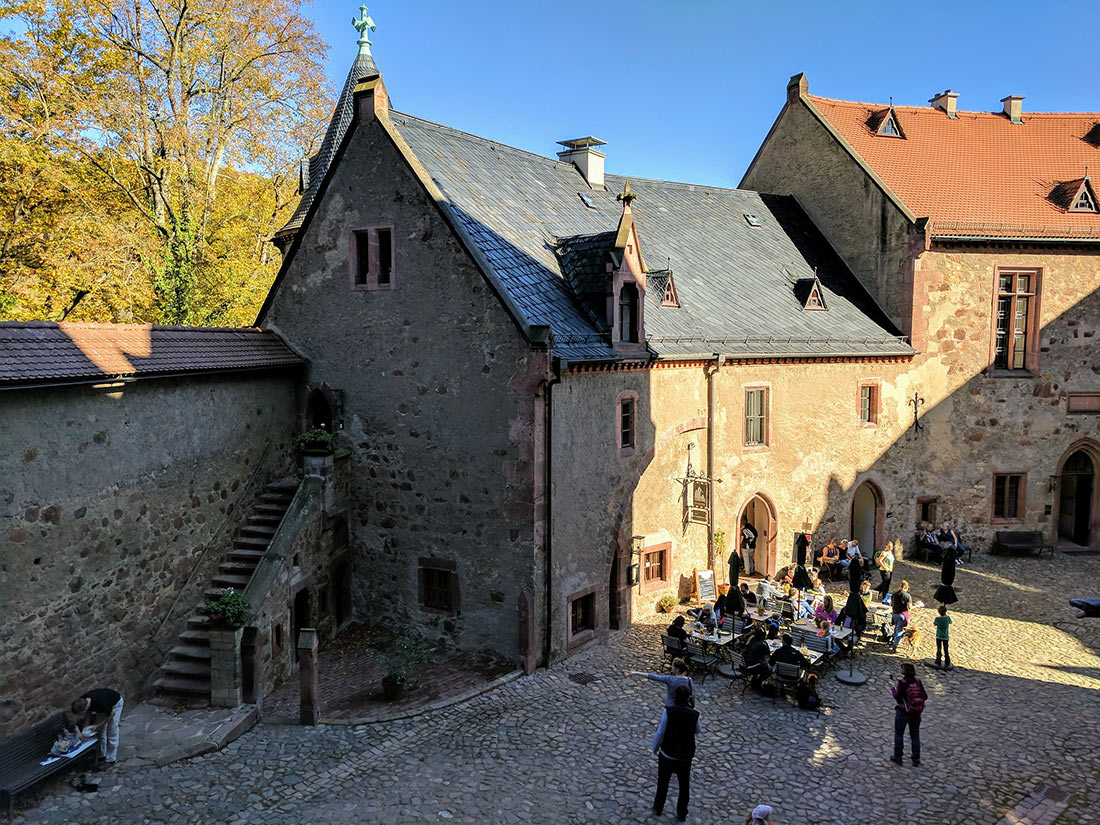
Photo: Mike Bonitz / flickr (CC BY-ND 2.0)
Like any old building, Kriebstein castle carefully preserves its legend, which tells about the heroic loyalty of the women of the castle. So, in 1415, during a long siege, the attackers allowed the women to go out, while taking only what they could carry on themselves. It is probably hard to imagine the surprise of the invaders when they saw the women leaving the castle, carrying … their husbands! Thanks to such an extraordinary act, everyone who was under siege, survived.
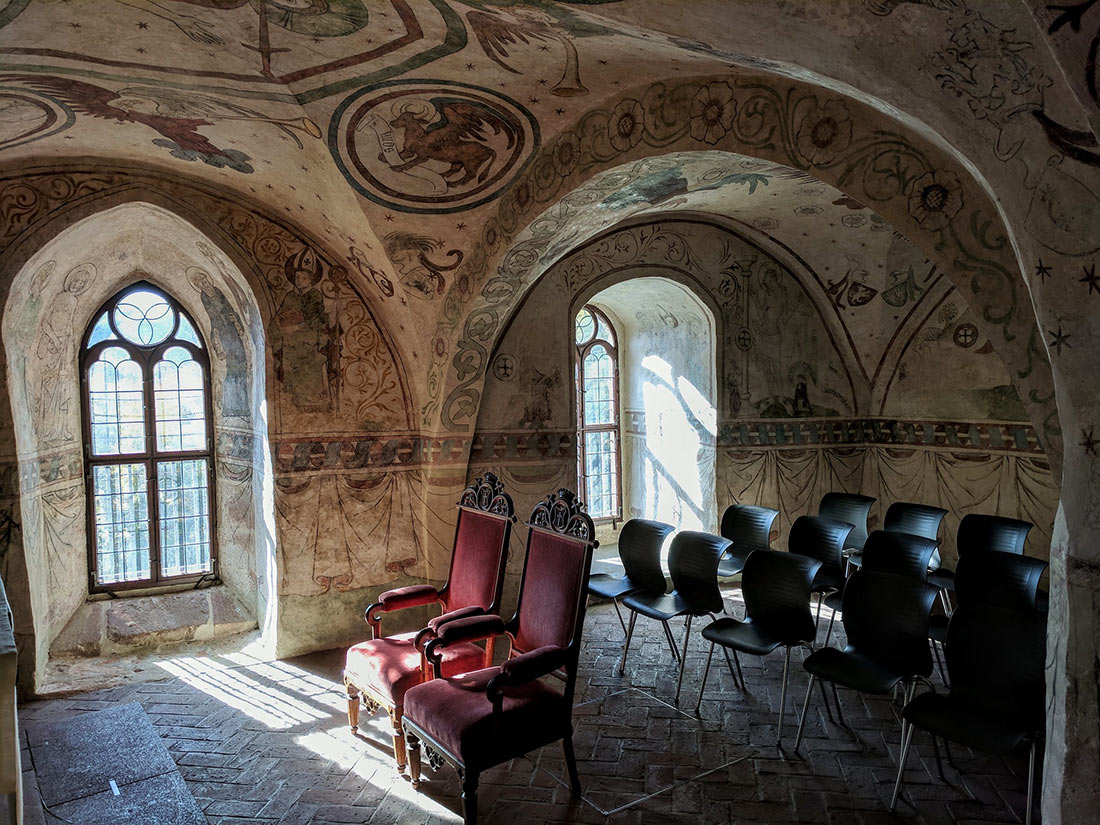
Photo: Mike Bonitz / flickr (CC BY-ND 2.0)
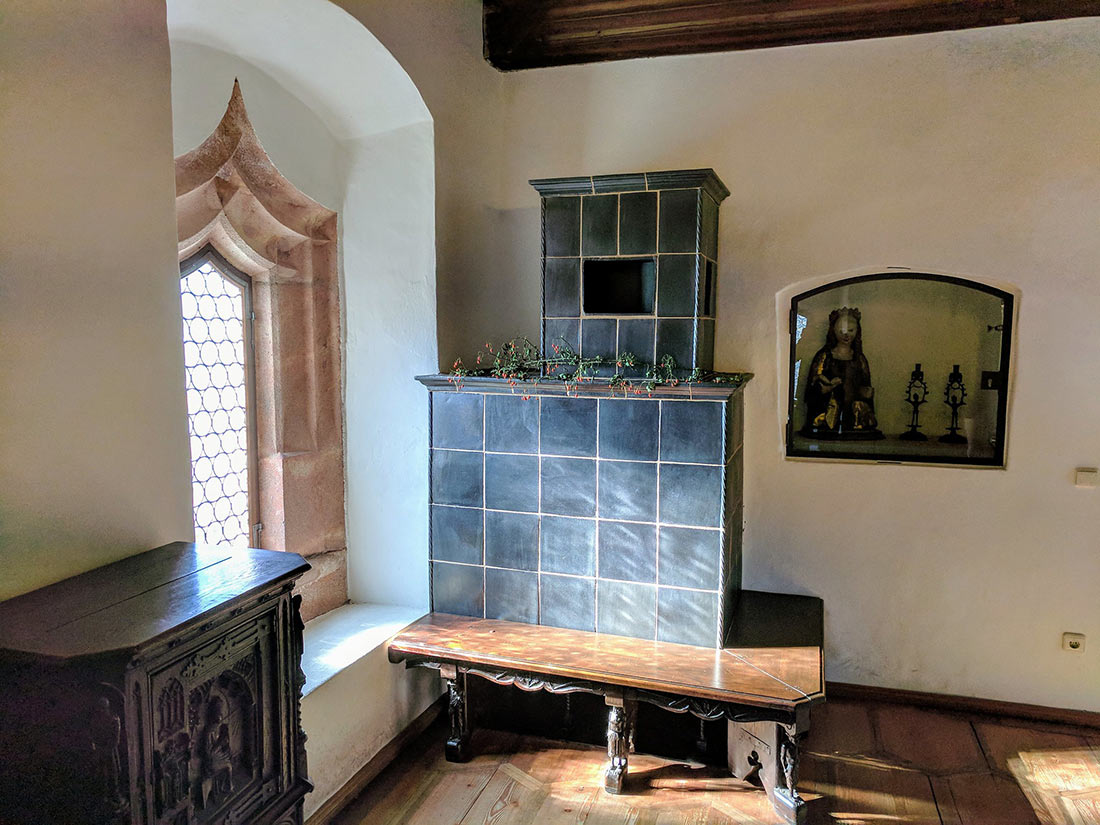
Photo: Mike Bonitz / flickr (CC BY-ND 2.0)
One of the most valuable parts of the castle complex is the chapel, which has preserved unique wall paintings made at the beginning of the 15th century. Unlike the usual frescoes, they are made in the dry secco technique.
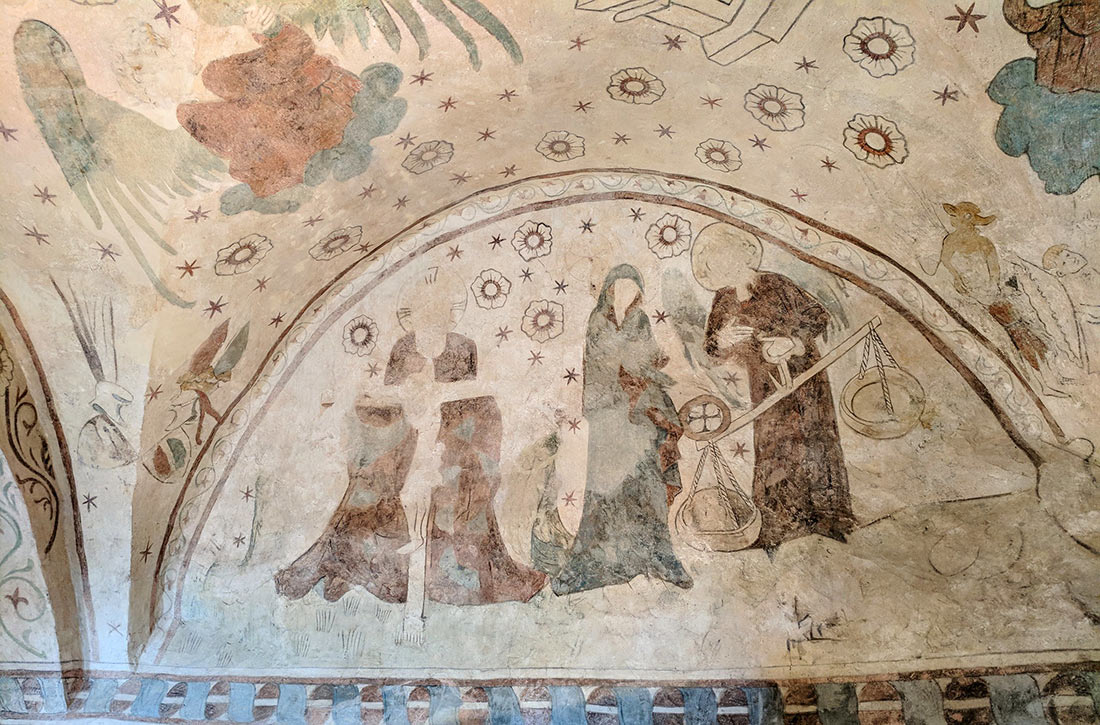
Photo: Mike Bonitz / flickr (CC BY-ND 2.0)
There is also a secret room in Kriebstein Castle, which can only be seen during a special tour. The completely wooden “Kriebstein Room” was created in the first quarter of the 15th century and has retained its original appearance to this day.
This is what the interiors of Kriebstein Castle looked like in the 1930s:
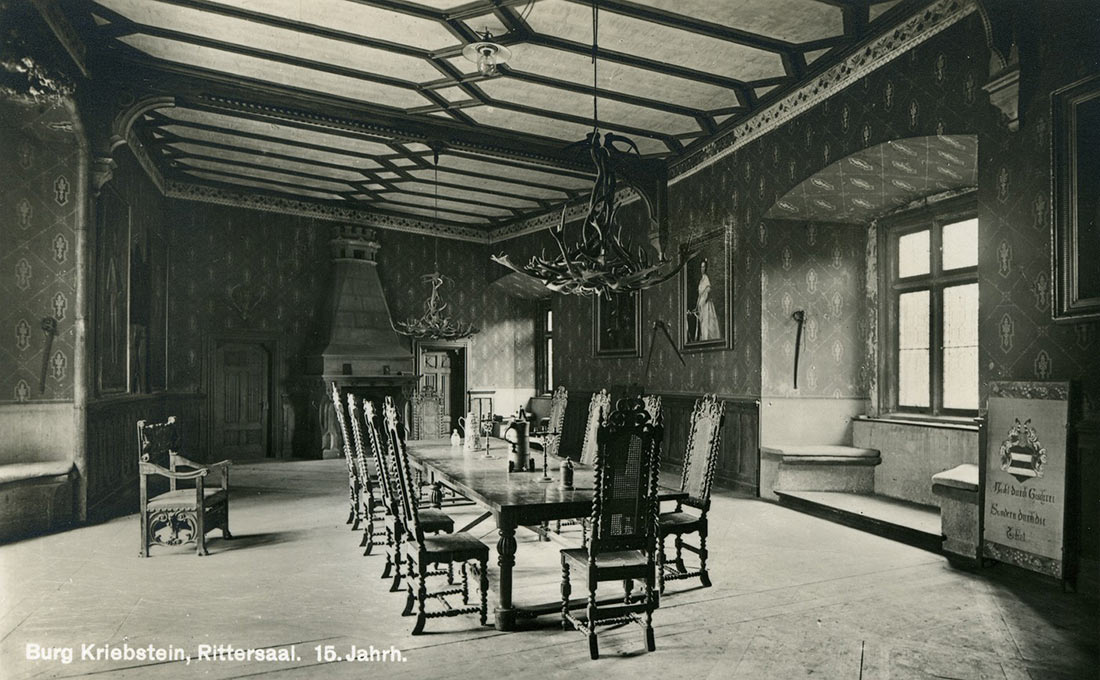
Photo: Brück & Sohn Kunstverlag Meißen (CC BY-SA 3.0)
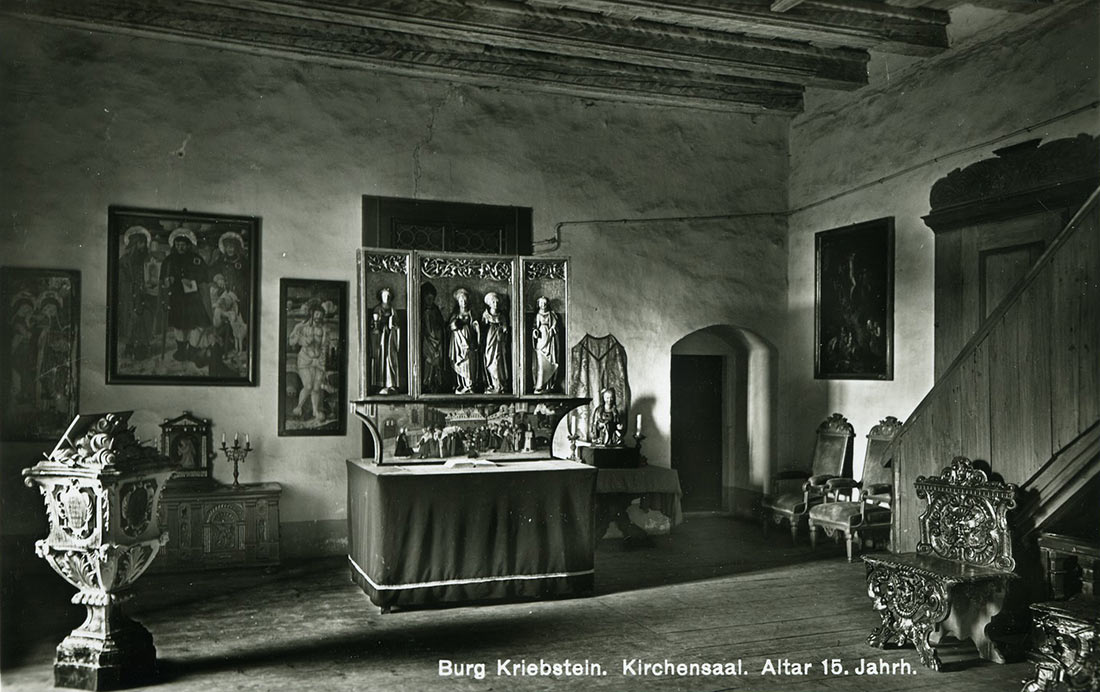
Photo: Brück & Sohn Kunstverlag Meißen (CC BY-SA 3.0)
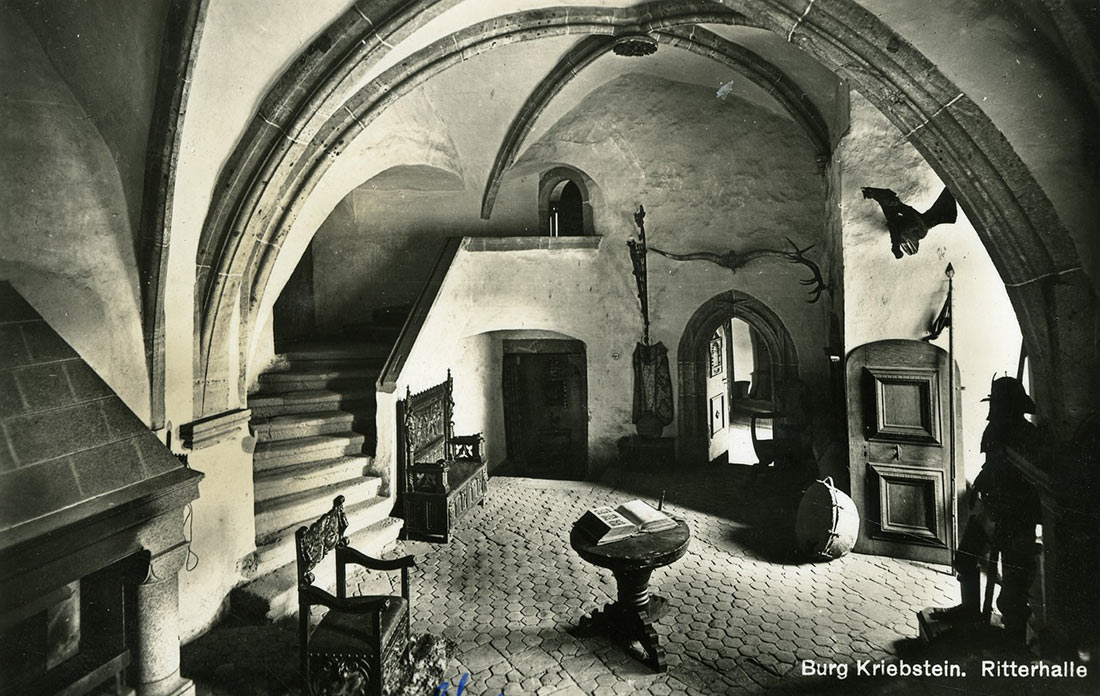
Photo: Brück & Sohn Kunstverlag Meißen (CC BY-SA 3.0)
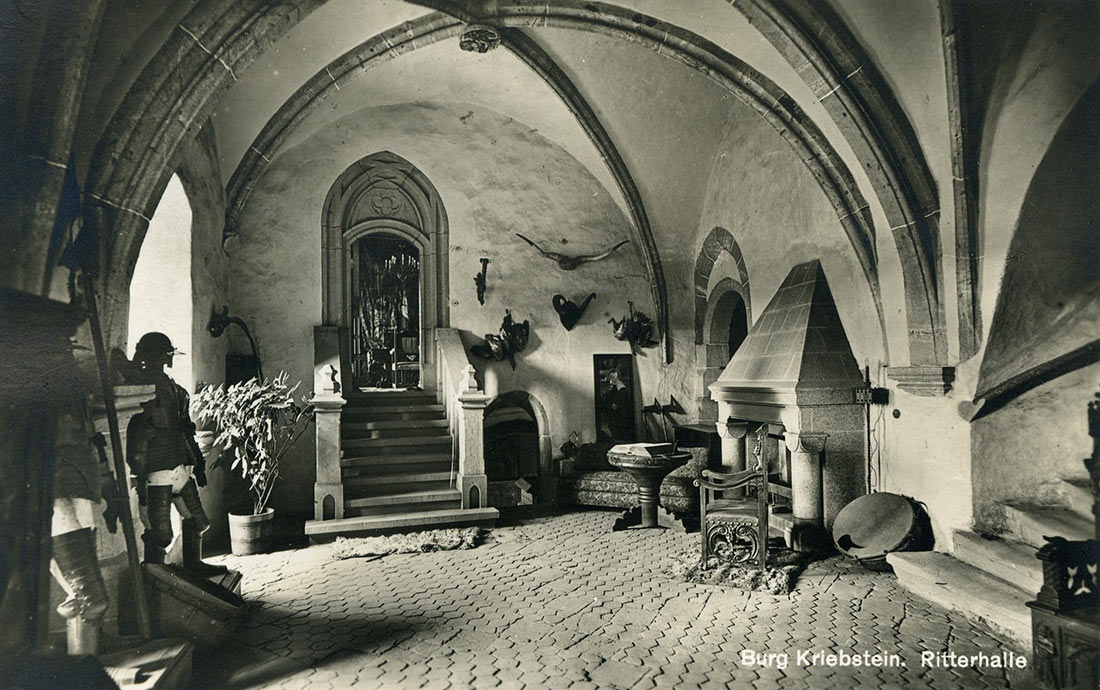
Photo: Brück & Sohn Kunstverlag Meißen (CC BY-SA 3.0)
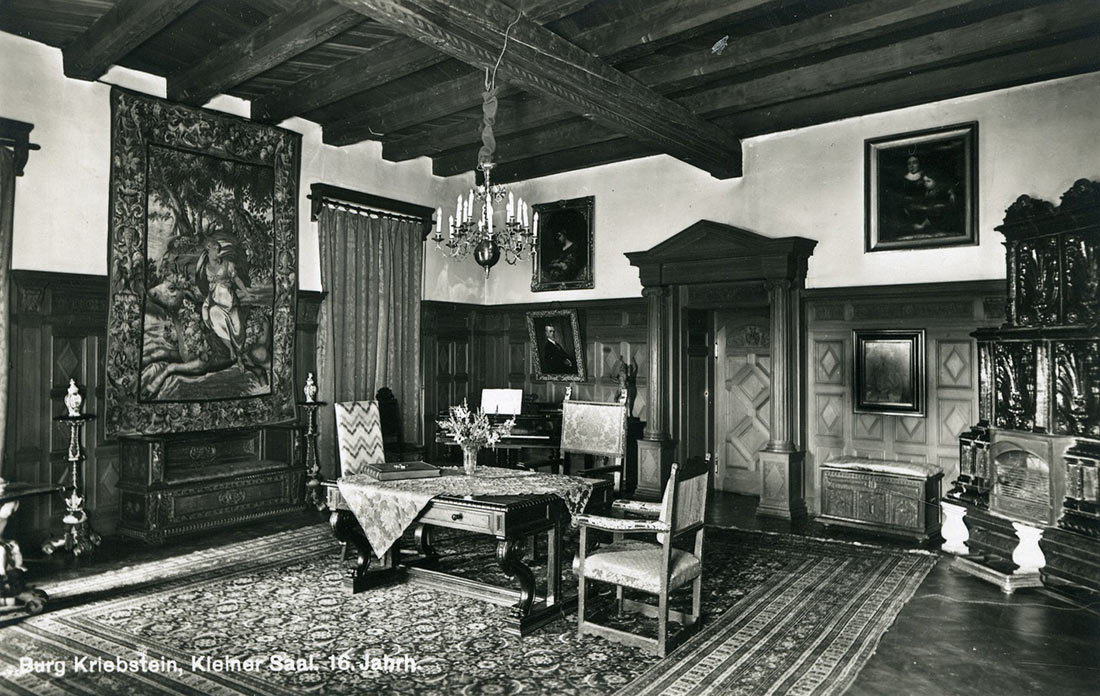
Photo: Brück & Sohn Kunstverlag Meißen (CC BY-SA 3.0)
In 1945, the Kriebstein castle became “people’s property”, as a result of which it housed first apartments for immigrants, and eventually the forestry department. Nevertheless, already in 1949 a museum was opened within the walls of the castle.
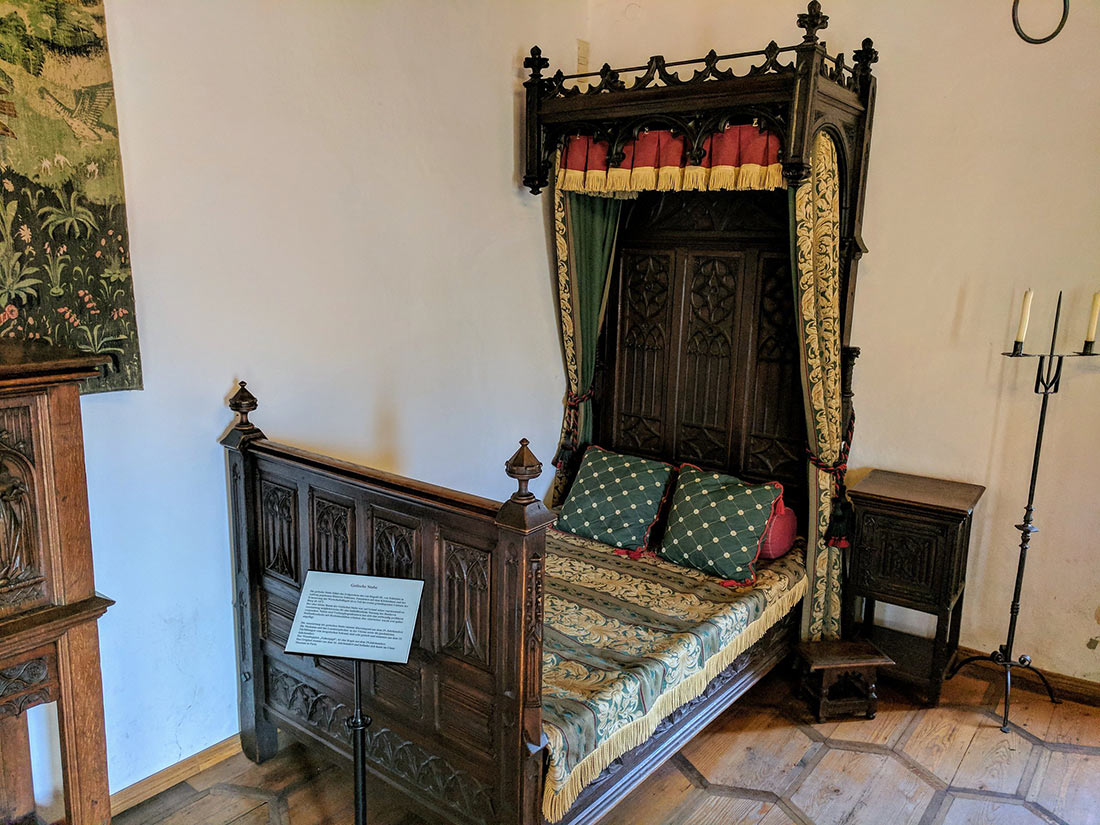
Photo: Mike Bonitz / flickr (CC BY-ND 2.0)
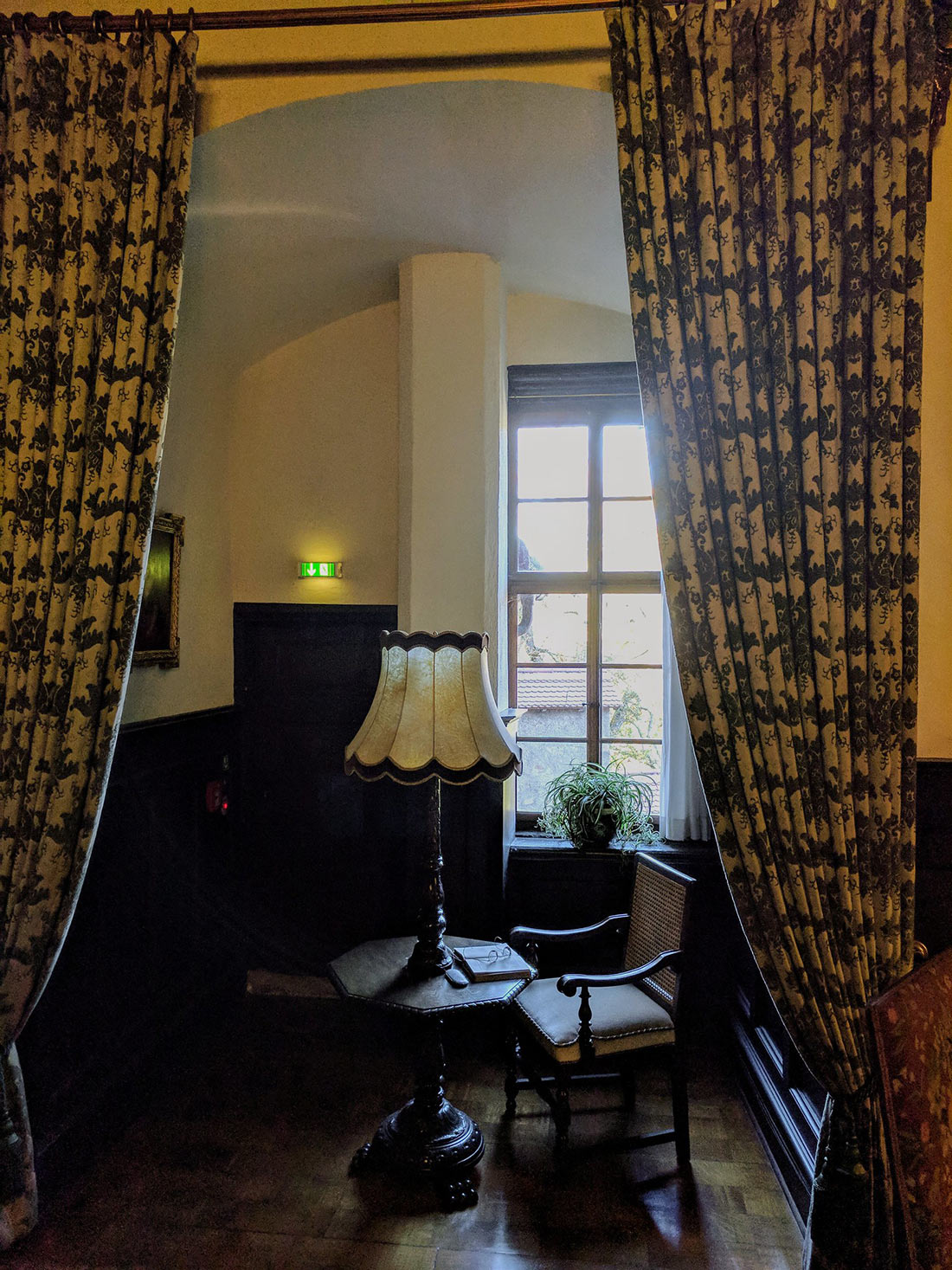
Photo: Mike Bonitz / flickr (CC BY-ND 2.0)
In 1986, during another restoration, the so-called Kriebstein Treasure was discovered in the fireplace of a residential tower. They turned out to be items made of porcelain, gold and silver, wrapped in an old tapestry. The cache was made in 1944 by Heinrich Graf von Lehndorff-Steinort, who at one time participated in the assassination attempt on Hitler.
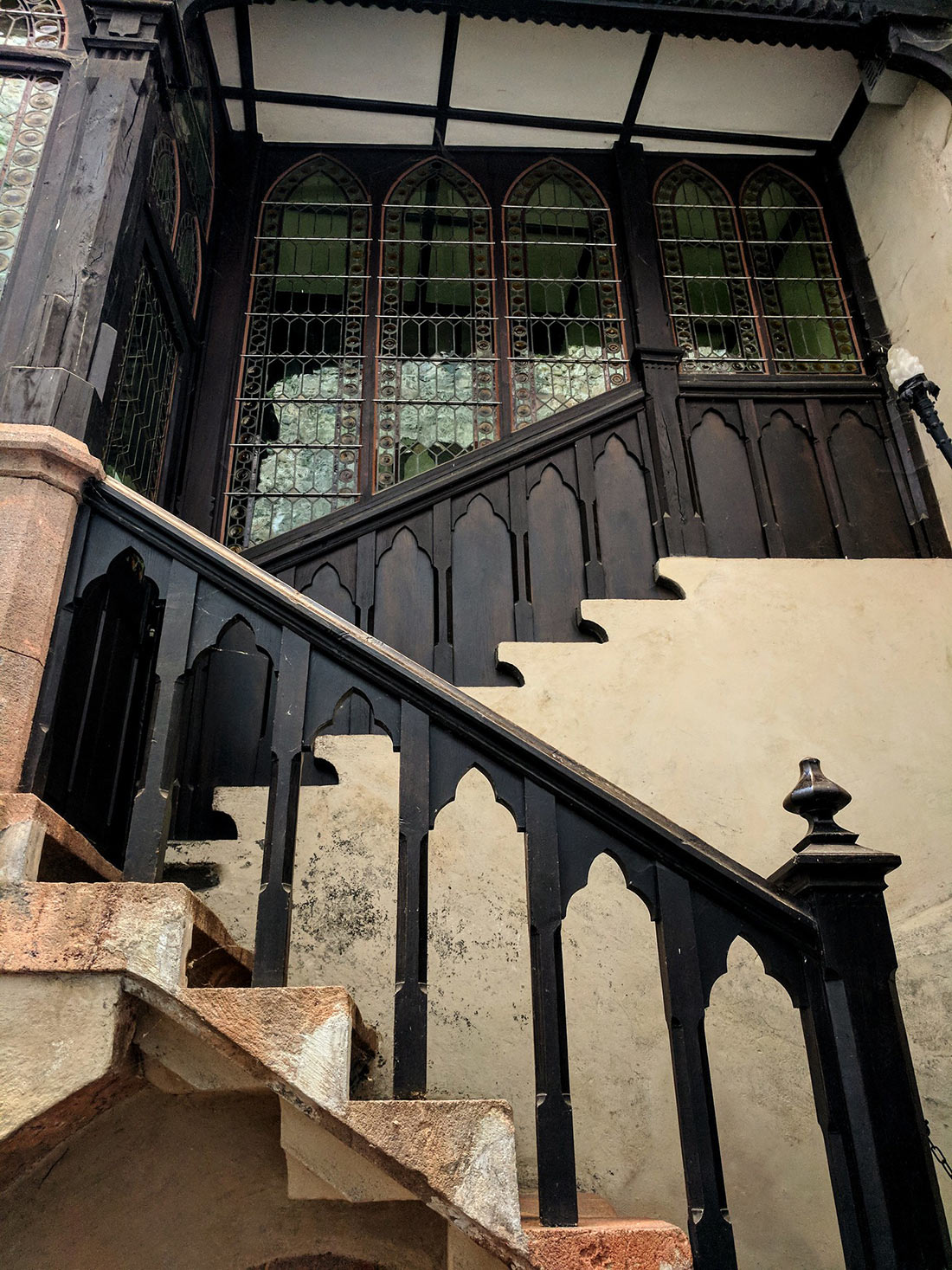
Photo: Mike Bonitz / flickr (CC BY-ND 2.0)
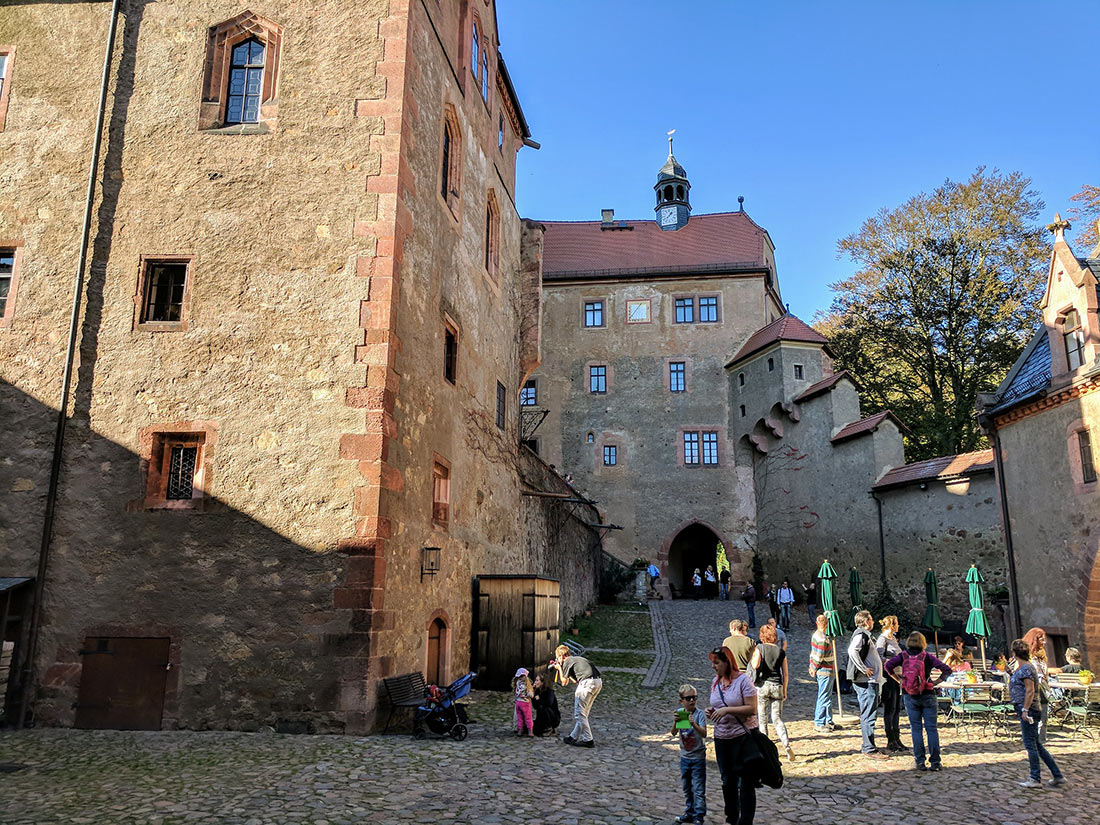
Photo: Mike Bonitz / flickr (CC BY-ND 2.0)
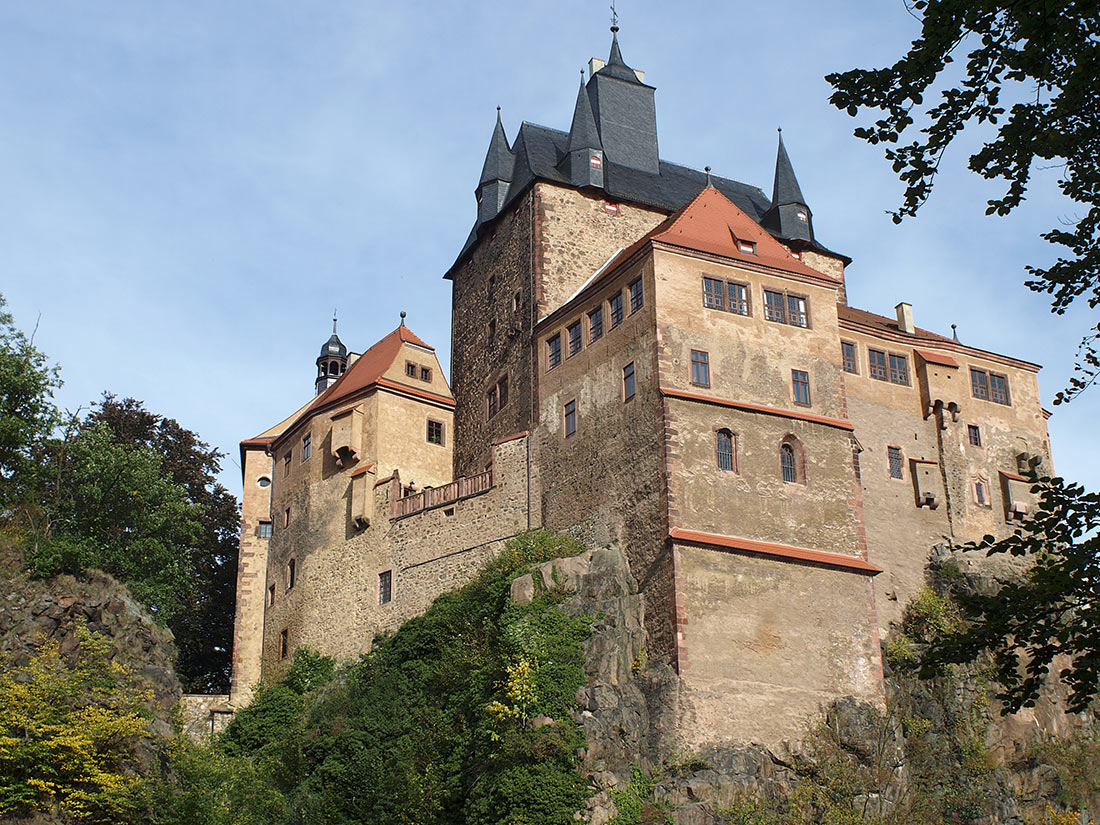
Today, the most beautiful knight’s castle in Saxony houses a museum. Besides, music festivals, concerts of classical and medieval music and knightly meetings are held here, during which you can plunge into the unique medieval atmosphere.

